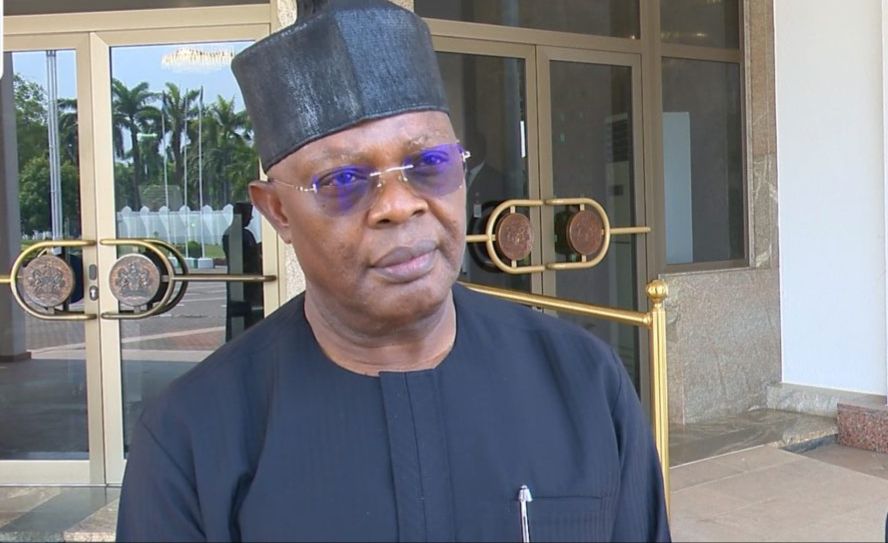Atedo Peterside, the president of ANAP Foundation and founder of IBTC Bank, has sharply criticized the recent actions of Admiral Ibok-Ete Ibas (retd.), the Sole Administrator of Rivers State. Peterside’s primary concern revolves around Ibas’s appointment of local government sole administrators and other officials, questioning both the process and the qualifications of those selected. He argues that Ibas, hailing from Cross River State, lacks the legitimacy and understanding of the nuanced political landscape of Rivers State to make such impactful decisions, especially in an already tense environment. Peterside contends that Ibas’s actions are exacerbating existing tensions rather than fostering stability and healing.
At the heart of Peterside’s critique is the perceived irregularity of Ibas’s own appointment. He alleges that the executive branch was “misguided” in its decision-making process and that the legislature’s use of a voice vote to confirm the appointment lacked transparency and failed to demonstrate the required two-thirds majority. This perceived lack of due process in Ibas’s ascension casts a shadow over his subsequent actions, undermining his authority and raising questions about the legitimacy of his decisions. Peterside stresses the importance of a transparent and legally sound appointment process, especially for a position wielding significant influence over the governance of a state.
Furthermore, Peterside challenges the process Ibas employed in selecting the local government sole administrators and other officials. He questions whether Ibas advertised the positions, sought nominations, or conducted a thorough search for competent and qualified individuals within Rivers State. The absence of such a transparent and merit-based selection process, Peterside argues, raises serious concerns about the qualifications and suitability of the appointees. He alleges that Ibas simply imposed individuals, neglecting to leave the local governments in the hands of existing senior staff, a move he views as further evidence of a disregard for established procedures and local expertise.
Peterside’s criticism intensifies as he characterizes the appointees as “riff-raffs,” expressing his personal opinion that they lack the necessary qualifications and integrity for the positions they now hold. This pointed accusation underscores his deep concern about the potential negative impact of these appointments on the governance and well-being of Rivers State. He challenges Ibas to publicly explain the selection process and justify the choice of these individuals, demanding transparency and accountability in the exercise of his authority. He specifically questions whether Ibas relied on personal connections from his time in the Navy or employed other opaque methods in making these selections.
The implications of these appointments extend beyond the immediate administrative structure. Peterside raises concerns about the integrity of future elections conducted under the oversight of these newly appointed officials. He argues that if the selection process for these officials lacks transparency and meritocracy, the fairness and impartiality of any elections they oversee will be inherently compromised. This concern underscores the interconnectedness of political appointments and the broader democratic process, highlighting the potential for questionable appointments to erode public trust and undermine the legitimacy of electoral outcomes.
Peterside’s forceful condemnation concludes with a resolute declaration that the people of Rivers State will not passively accept the imposition of individuals who, in his view, lack the legitimacy and competence to govern their state and manage its resources. He calls for immediate action to address the situation, emphasizing the importance of upholding due process, transparency, and accountability in the appointment of public officials. This strong stance reflects a broader concern for the well-being and future of Rivers State, emphasizing the need for competent and trustworthy leadership to navigate the challenges facing the region. He warns that the current situation, if left unaddressed, risks further inflaming tensions and undermining the stability of the state.


